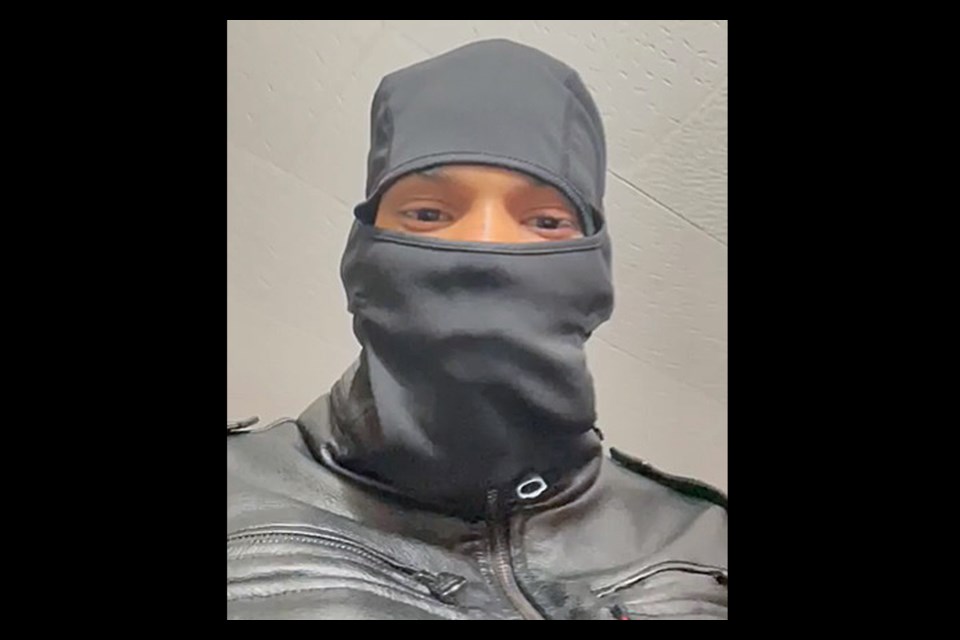Burnaby RCMP is warning people not to share personal information online after multiple reports of fraudsters on dating services threatening to drive to people’s homes and kill them if they don’t pay money.
Over the last month, local Mounties have investigated at least nine reports involving adults who were blackmailed for money after they shared personal information, such as phone numbers and home addresses, on personal dating services, according to a Burnaby RCMP news release.
Three of the cases involved the fraudsters sending a video that appeared to show them driving to the victim’s home with AR-15-style rifles while threatening to kill the victim and their family, the release said.
“The victims know they’ve added their personal information online. Coupled with this video, it makes this threat very real to them,” Burnaby RCMP spokesperson Cpl. Alexa Hodgins said.
But the same photos and video have been used in every case, and Hodgins said police don’t know if they were even captured in Canada.
The fraudsters follow up by sending the victims graphic photographs of dead bodies while continuing to demand money.
“We have seen romance scams before, but this one is unique due to the graphic and alarming videos and pictures that are sent to the victims as a scare tactic,” Hodgins said. “We want the public to be aware of this scam method to prevent victims from sending money out of fear.”
Anyone who has been targeted by fraud is asked to report it to Burnaby RCMP or police in their area.
Police urged people who use online dating services to protect themselves from scams and fraud by visiting the Canadian Anti-Fraud Centre.
Tips to protect online daters:
- Google the person you are interacting with. Do a reverse-image search. This is a quick and easy way to see if their photo has been copied from the internet.
- Don’t send money. If someone you met online is asking you for money, it’s a red flag. Do not send them money.
- Don’t be afraid to say no. Don’t be intimidated by high-pressure communications from someone online. If you don’t feel comfortable, say no.
- Don’t give out personal information. Beware of unsolicited calls where the caller asks you for personal information, such as your name, your address, your Social Insurance Number (SIN), your credit card or banking information.
- Keep in mind you may not truly know who you are talking to.
Follow Cornelia Naylor on Twitter @CorNaylor
Email [email protected]



